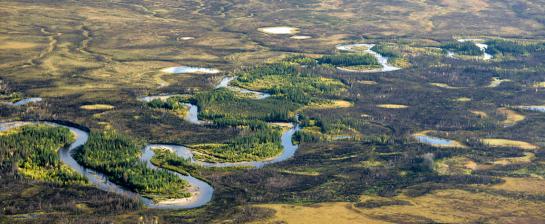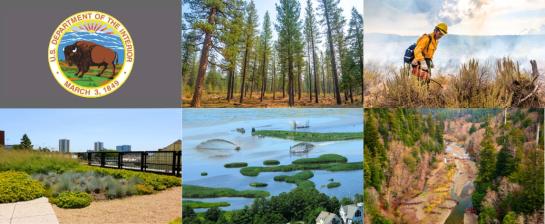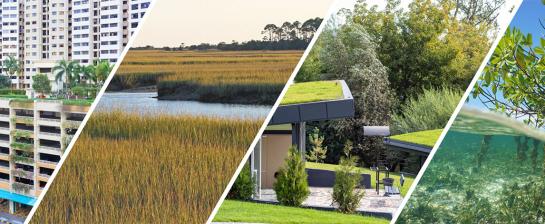Valuing the benefits of nature and nature-based solutions can strengthen public and private sector decisions.
Nature provides humans with many things of value—not only the water we drink and the air we breathe, but also crop pollination accomplished by bees, flood protection afforded by wetlands, and the sense of peace we might find standing in a quiet forest. People also depend on nature for environmental commodities such as crops, fish, and fiber, as well as places to live, work, and play.
The term ecosystem services is shorthand for all of these aspects of nature that contribute to human health, wealth, and well-being—and these vital contributions of nature and global biodiversity are deteriorating worldwide. As we face the global climate crisis, nature-based solutions can provide many ecosystem services such as removing and storing carbon from the atmosphere, making ecosystems more resilient, and lowering climate change risks for people.
The Ecosystem Services Program at Duke University’s Nicholas Institute for Energy, Environment & Sustainability focuses on ensuring that the environment can sustain future generations by helping public and private decision makers value the benefits natural ecosystems and nature-based solutions provide.
Drawing on the unmatched, diverse expertise of Duke scholars and others outside the university, the program is working to integrate both the direct and indirect value of ecosystem services into strategies and policies. Through the National Ecosystem Services Partnership, researchers are working with federal agencies to develop an approach to account for ecosystem services and include nature-based solutions in planning and management processes.


























